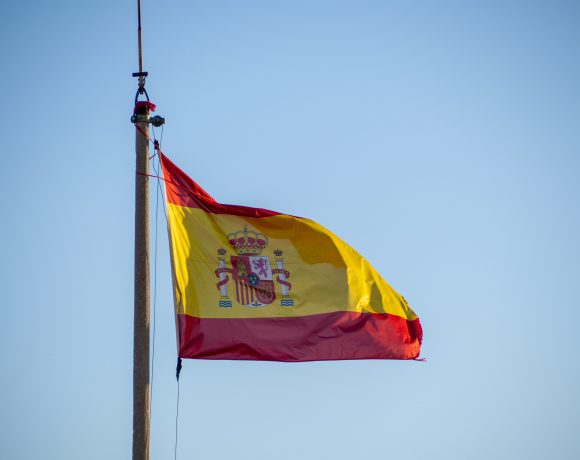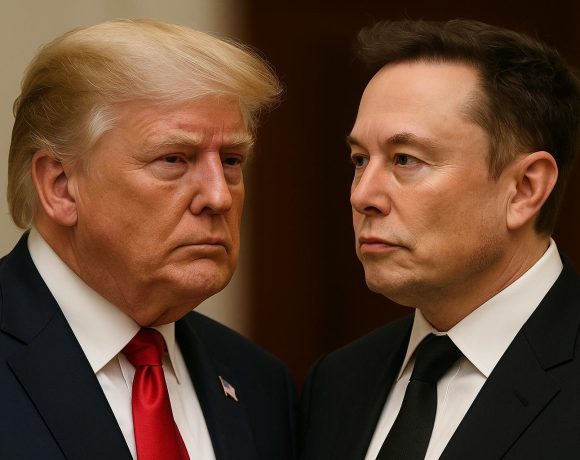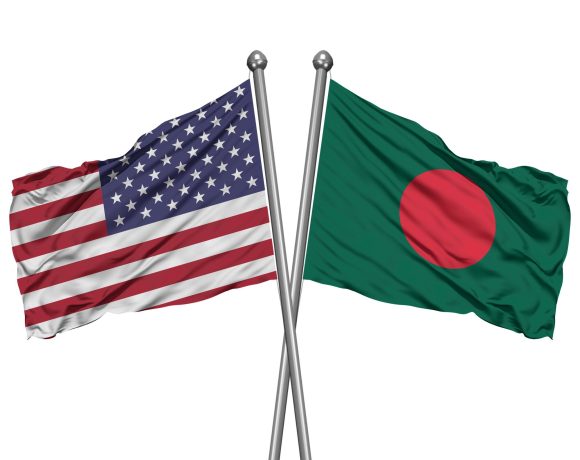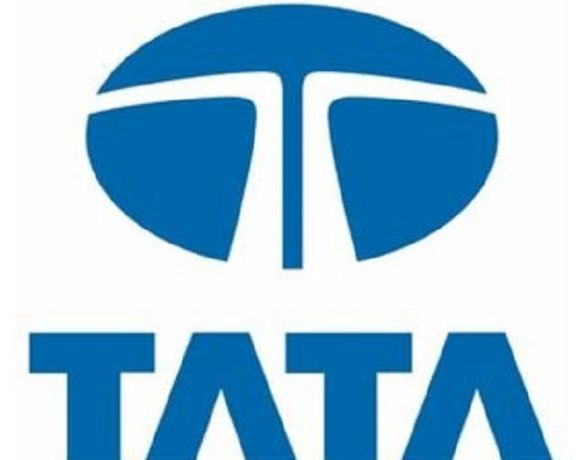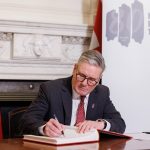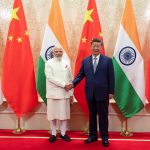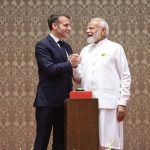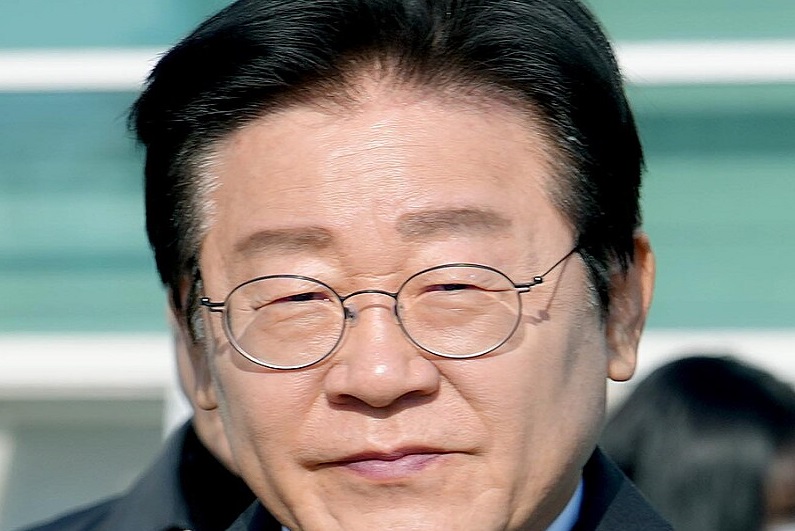
South Korea’s Lee Pledges Stronger US-Japan Ties, North Talks
South Korea’s newly elected President Lee Jae-myung took office this week after a snap election that followed the impeachment of his predecessor. In a solemn oath ceremony held at the National Assembly, Lee emphasized his vision of restoring democratic integrity, national unity, and policy stability after months of political turmoil.
Lee’s ascension to power marks a significant shift in Seoul’s domestic and foreign policy approach. As a long-time opposition leader known for his progressive economic views and calls for social equity, Lee faces a deeply divided parliament and mounting economic stress. His immediate challenge is to bridge the political chasm while reviving public trust in South Korea’s democratic institutions.
Focus on US-Japan Relations
President Lee outlined a clear diplomatic stance centered on strengthening South Korea’s alliances with the United States and Japan. He committed to “pragmatic diplomacy” that balances national interest with regional stability. Lee stressed that trilateral cooperation with Washington and Tokyo is indispensable in the face of evolving threats from North Korea and increasing geopolitical friction in East Asia.
While his predecessors focused heavily on military deterrence and hardline policies, Lee signaled a more balanced approach—preserving defense ties with the US while improving economic and strategic dialogue with Japan, despite historical tensions between the two nations.
Pursuing Conditional Engagement with North Korea
On North Korea, Lee made it clear that peace cannot be achieved without open channels of communication. He expressed a willingness to pursue talks with Pyongyang under the condition of mutual respect and international norms. However, he also noted that any dialogue would require careful coordination given the North’s expanding military posture and its growing proximity to Russia.
His administration appears to favor a dual-track approach—supporting deterrence through military readiness while leaving the door open for meaningful engagement should the opportunity arise.
Tackling Economic and Social Challenges
Beyond foreign policy, President Lee faces a tough economic landscape marked by sluggish growth, youth unemployment, and a cost-of-living crisis. He promised targeted relief measures, job creation programs, and expanded public investment to reignite economic momentum.
Lee also called for national unity, vowing to reform institutions and reduce partisan gridlock. He acknowledged public frustration over years of political deadlock and committed to operating a transparent, citizen-first government that prioritizes fairness and accountability.
A Presidency Watched Closely
The early days of Lee’s presidency will be closely watched by regional and global powers. While the US and Japan have cautiously welcomed his commitment to trilateral cooperation, questions remain about his approach toward China, Russia, and the ever-volatile inter-Korean dynamic.
With high expectations and enormous challenges, Lee Jae-myung begins his five-year term at a critical juncture—poised between opportunity and uncertainty in a rapidly shifting geopolitical landscape.


